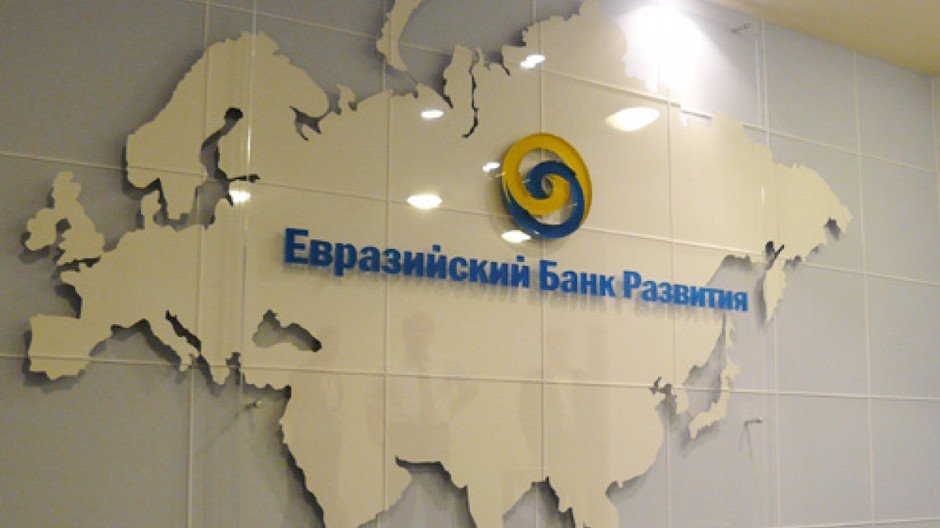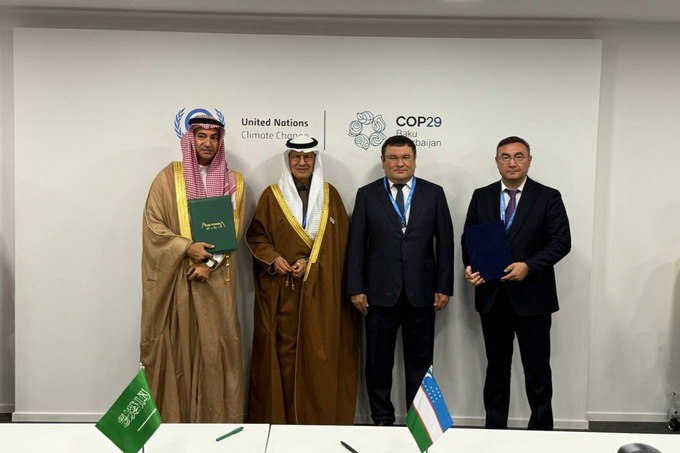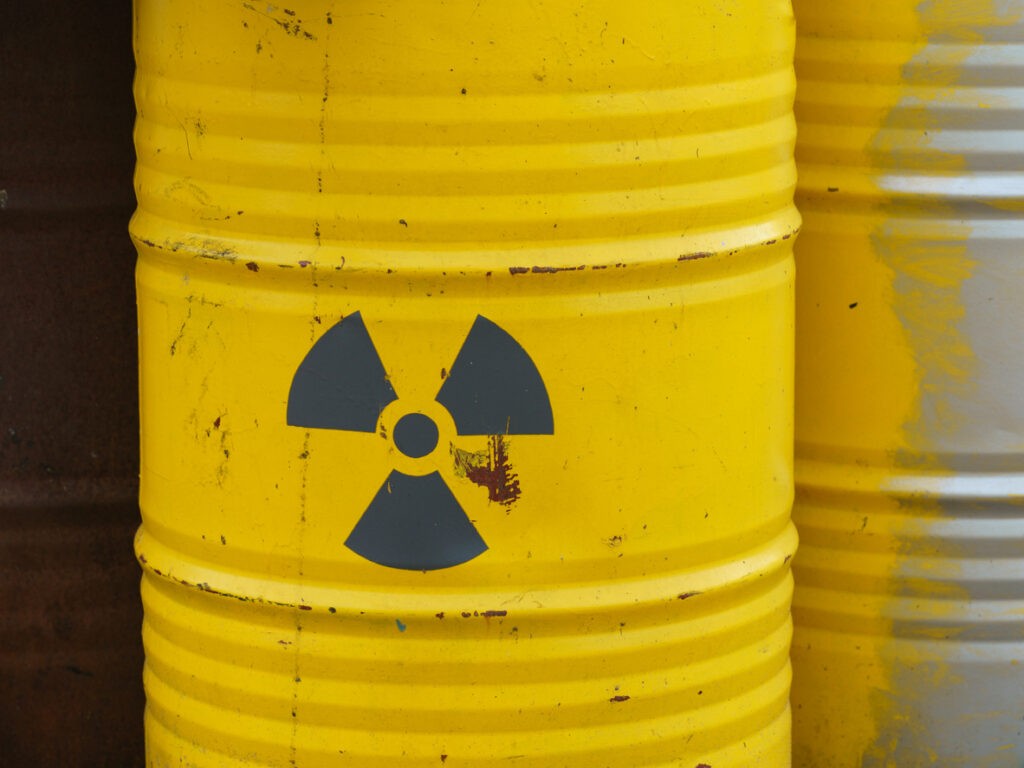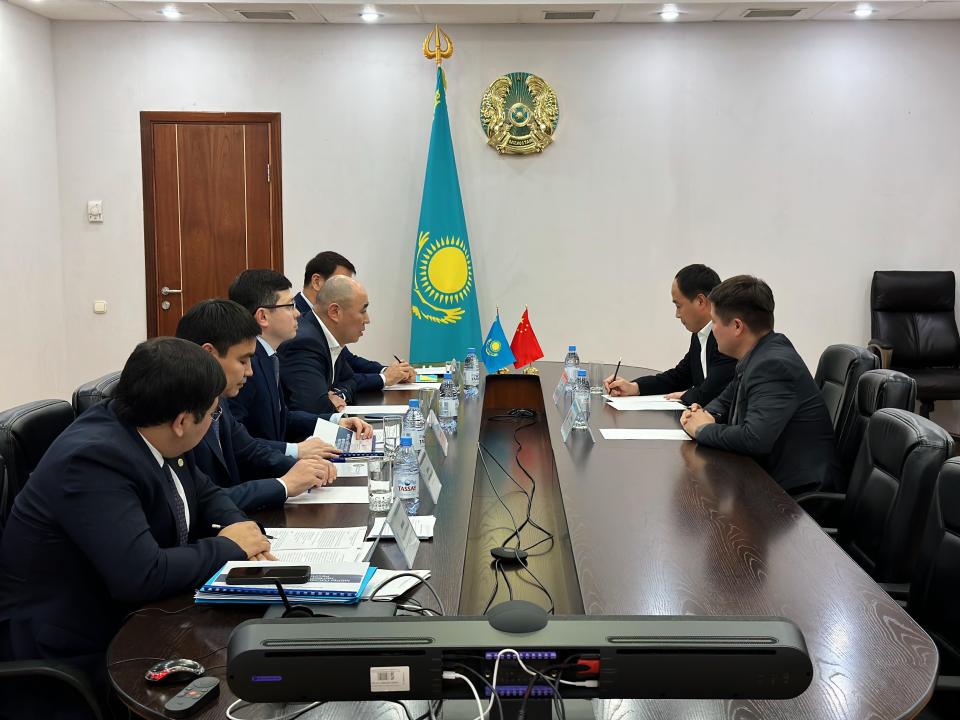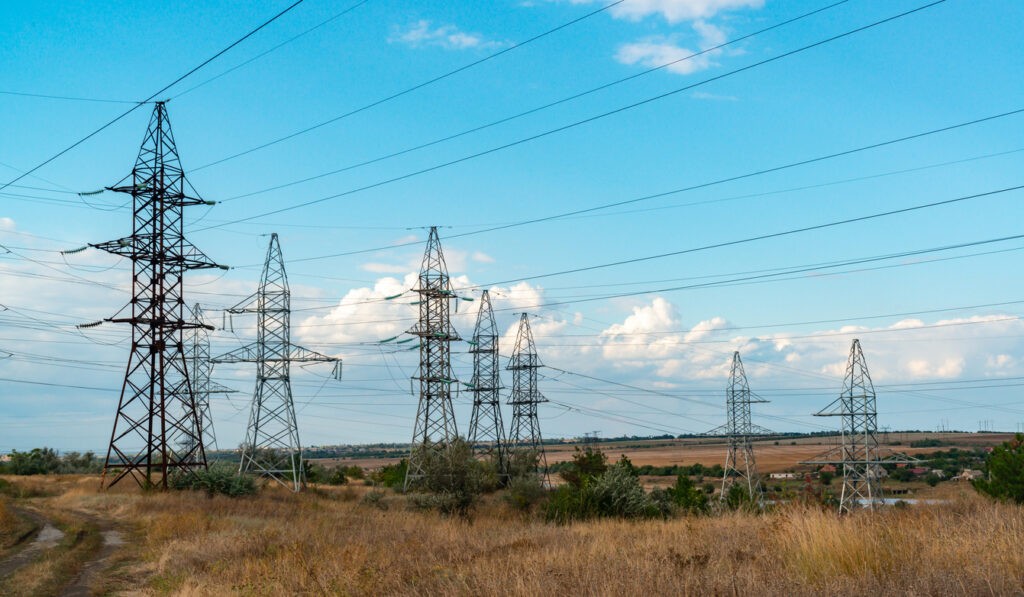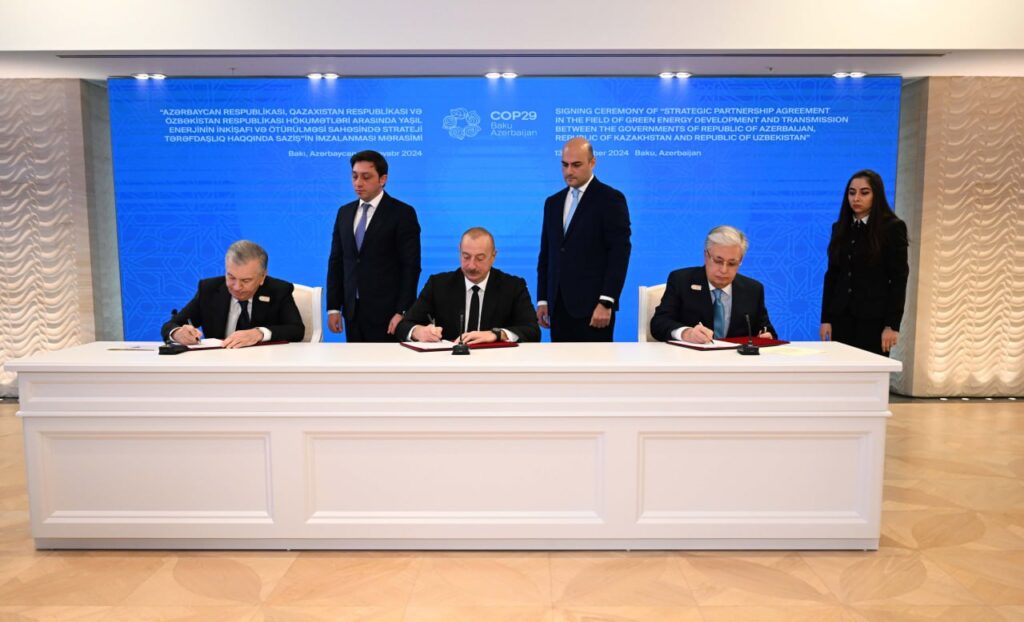EDB Conference in Almaty to Focus on Sustainable Development in Central Asia
The Eurasian Development Bank (EDB) will host its annual conference, titled “Promoting Sustainable Development in Central Asia,” on December 6 in Almaty, Kazakhstan. The EDB, an international financial institution focused on fostering economic cooperation and development across Eurasia, counts Armenia, Belarus, Kazakhstan, Kyrgyzstan, Russia, and Tajikistan among its member countries. Kazakhstan alone accounts for nearly 60% of the Bank’s investment portfolio, reflecting its pivotal role in regional development efforts. The conference will focus on the EDB’s most pressing priorities for 2024, including the urgent need for sustainable and rapid economic growth to alleviate poverty in Central Asia. Discussions will address the persistent challenges of transport connectivity, which are particularly acute for the landlocked countries of the region. Additionally, the event will explore the integrated development of the water, energy, and food nexus, which the EDB views as essential for ensuring the region’s security, peace, and sustainable development. Participants will also examine trade facilitation, investment strategies, and innovative solutions for infrastructure development. These topics are considered crucial for advancing the region’s economic prospects and improving the quality of life for its citizens. The conference will host representatives from leading international organizations, including the World Bank, the Islamic Development Bank (IsDB) and its Institute, the World Food Programme, and the UN Development Programme. Other participants include the Development Bank of Kazakhstan, the UN Economic and Social Commission for Asia and the Pacific (ESCAP), and the UN Climate Technology Centre & Network (CTCN), alongside government officials and regional stakeholders. This annual event is expected to provide a platform for actionable discussions, fostering collaboration among key players and paving the way for sustainable economic development in Central Asia.
